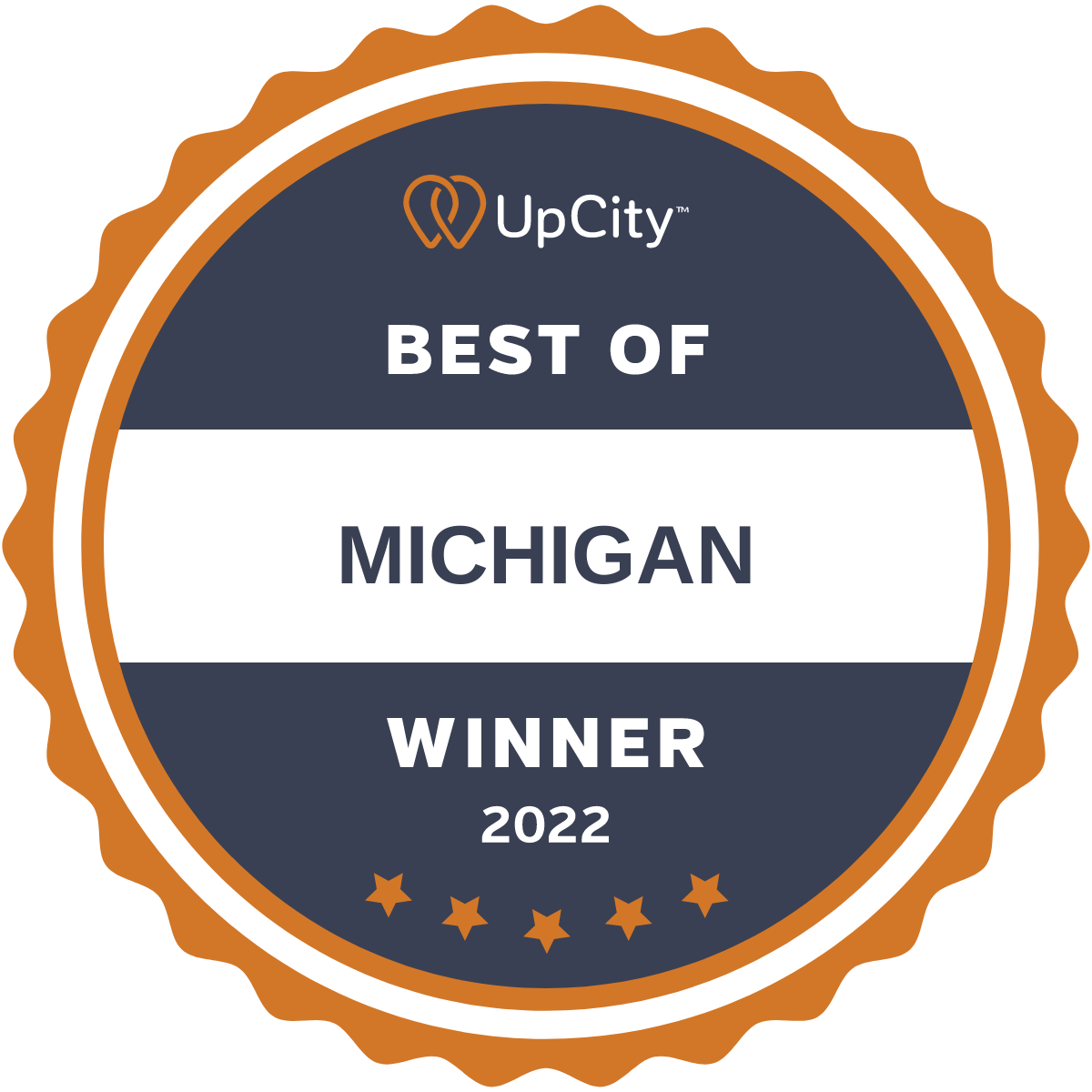All About SEO: Keywords
Keyword research remains a cornerstone of modern marketing. It serves as the foundation for both search engine optimization and content marketing strategies, guiding marketers in understanding consumer behavior, improving search rankings, and driving website traffic. Mastering the art of keyword research is paramount to success for inbound marketers aiming to optimize their digital presence.
📲 Do you need SEO specialists to help with keyword research? Schedule a Call with Speck Designs. 📞

What is Keyword Research?
At its core, keyword research involves identifying and analyzing the search terms and phrases people enter search engines like Google, Bing, and others. These search queries reveal the topics, products, services, or information users seek. By gaining insight into the specific keywords, marketers can optimize their content, tailor their website, and adjust their strategies to match their target audience's needs, desires, and intent.
For example, if a business sells eco-friendly products, conducting keyword research might reveal that users frequently search for terms like "sustainable products," "zero-waste items," or "eco-friendly packaging." With this data, the business can create content that aligns with these terms, boosting its website's visibility and driving more qualified traffic.
Why is Keyword Research Important?
Keyword research is essential because it can unlock valuable insights into consumer behavior, trends, and search intent. It highlights the terms that users are searching for and provides a roadmap for content creation, helping businesses develop highly targeted and effective marketing strategies.
Discovering the SEO Sweet Spot
One of the primary goals of professional SEO services performing keyword research is to find the "SEO sweet spot." This refers to the intersection of keywords relevant to your website's content and achievable to rank for. It's not enough to identify popular search terms; marketers must also consider whether their website has the authority and resources to compete.
For example, a small, new blog in the fitness niche might struggle to rank for broad terms like "fitness tips" or "weight loss exercises." However, with effective keyword research, they could identify longer-tail keywords such as "best bodyweight exercises for beginners" or "how to lose weight with a keto diet," which are less competitive yet still relevant to their audience.
Gaining Insights into Audience Behavior
Understanding the actual search terms your target audience uses is invaluable. People may search for products or services in ways you wouldn't initially anticipate. Audience behavior can inform your content strategy, allowing you to craft blog posts, videos, landing pages, or social media content that directly answers the questions or solves your audience's problems.
For example, a company selling skincare products might discover through keyword research that their audience frequently searches for terms like "best anti-aging serums" or "natural remedies for dry skin." These insights allow the company to produce content focused on those specific needs, thereby improving its chances of ranking well and driving more targeted traffic.
Benefits of Keyword Research
Keyword research offers numerous benefits to businesses seeking to improve their digital marketing performance. Here are some of the key advantages:
- Identifying Marketing Trends
Keyword research allows marketers to identify trending topics within their industry by analyzing search volume and patterns. For instance, a marketing team might notice a surge in searches for "remote work tools" or "virtual collaboration software" during a particular period. This can signal a growing interest in these areas, allowing businesses to shift their focus and create content that aligns with these trends. Staying ahead of trends can give brands a competitive edge in their market. - Driving Increased Traffic
Optimizing your website's content around relevant, high-volume keywords can increase search engine rankings. When your site ranks higher on search engine results pages (SERPs), it naturally attracts more traffic. The goal is to position your website on the first page of search results, as studies show that most users rarely scroll past the first page when seeking information. - Improving Customer Acquisition
When your content effectively addresses your audience's needs, you attract more visitors and convert them into customers. By targeting long-tail keywords—often more specific and reflecting higher user intent—marketers can create content that meets users where they are in their buying journey. Long-tail keywords tend to have lower search volumes, but they often bring in visitors who are more likely to convert, as these searches are more aligned with specific needs or desires.
Keywords vs. Topics: The Role of Search Intent
While individual keywords are still important, modern SEO strategies increasingly focus on broader topics encompassing multiple relevant keywords. The reason for this lies in understanding search intent—the reason behind a user's search query.
- Why Search Intent Matters
Not all searches are created equal. Some users simply look for information, while others are ready to purchase. Understanding this intent is crucial for creating content that matches user expectations.
Consider a user searching for "how to clean leather shoes" versus another searching for "best leather shoe cleaner." The first query indicates that the user is looking for a guide or tutorial, while the second query suggests that the user is further along in their buying journey and might be ready to make a purchase.
By identifying high-volume search terms and grouping them into broader topics, marketers can create content that speaks to users at various stages of the buying process. For instance, a shoe care brand could develop a series of blog posts that cover everything from "how to clean leather shoes" (for informational searches) to product reviews and recommendations for leather shoe cleaners (for transactional searches).
Critical Elements of Keyword Research
Successful keyword research requires a careful balance of several key elements. These include relevance, authority, and search volume. Let's break these down:
- Relevance
Relevance is the most critical factor in keyword research. Your content must align closely with the search query if you want it to rank well. Search engines like Google use sophisticated algorithms to determine how well your content matches a user's intent, and this relevance is critical to ranking higher in search results.
For example, if someone searches for "best Italian restaurants in New York," a blog post titled "Top 10 Italian Restaurants in New York" is much more likely to rank than a generic post about "Best Restaurants." The more specifically you can match your content to the search query, the better your chances of ranking. - Authority
Establishing your website as an authority in your industry is another critical component of keyword research and SEO. Websites that have built up a high level of authority through backlinks, high-quality content, and social signals tend to rank higher in search results. A crucial part of successful keyword research is understanding where your website stands regarding authority and selecting realistic keywords based on that level.
For example, a well-established health blog with numerous backlinks might be able to target competitive keywords like "best supplements for muscle growth." On the other hand, a newer blog may need to target less competitive niche keywords such as "best protein supplements for women over 40." - Search Volume
Finally, search volume is a crucial metric in keyword research. This refers to the number of times a keyword is searched for in a given time frame (usually monthly). Keywords with higher search volumes can potentially drive more traffic to your site, but they also tend to be more competitive. Striking the right balance between search volume and competition is essential for SEO success.
For example, a travel agency might want to rank for "cheap flights to Europe," a high-volume keyword. However, if they are a smaller, local agency, they might instead focus on more specific, lower-volume keywords such as "cheap flights from New York to Paris" to gain traction in search results.
Key Takeaways
Keyword research is a cornerstone of modern marketing, providing the foundation for effective SEO and content strategies. By understanding the importance of relevance, authority, search intent, and search volume, marketers can identify the most valuable keywords to target, create content that resonates with their audience, and ultimately drive more traffic and conversions. In the ever-changing digital landscape, mastering keyword research is a best practice and a necessity for staying ahead of the competition.









